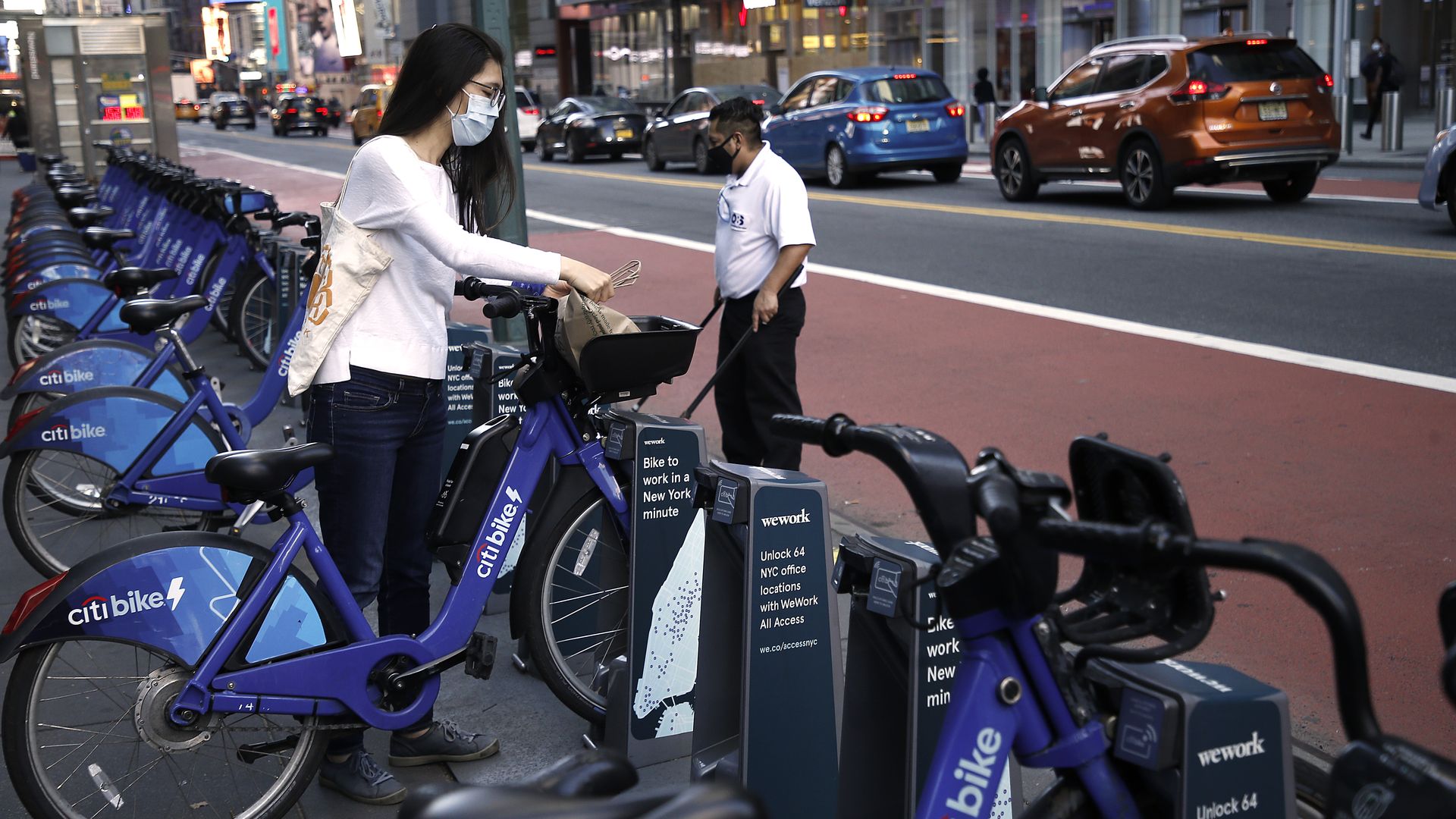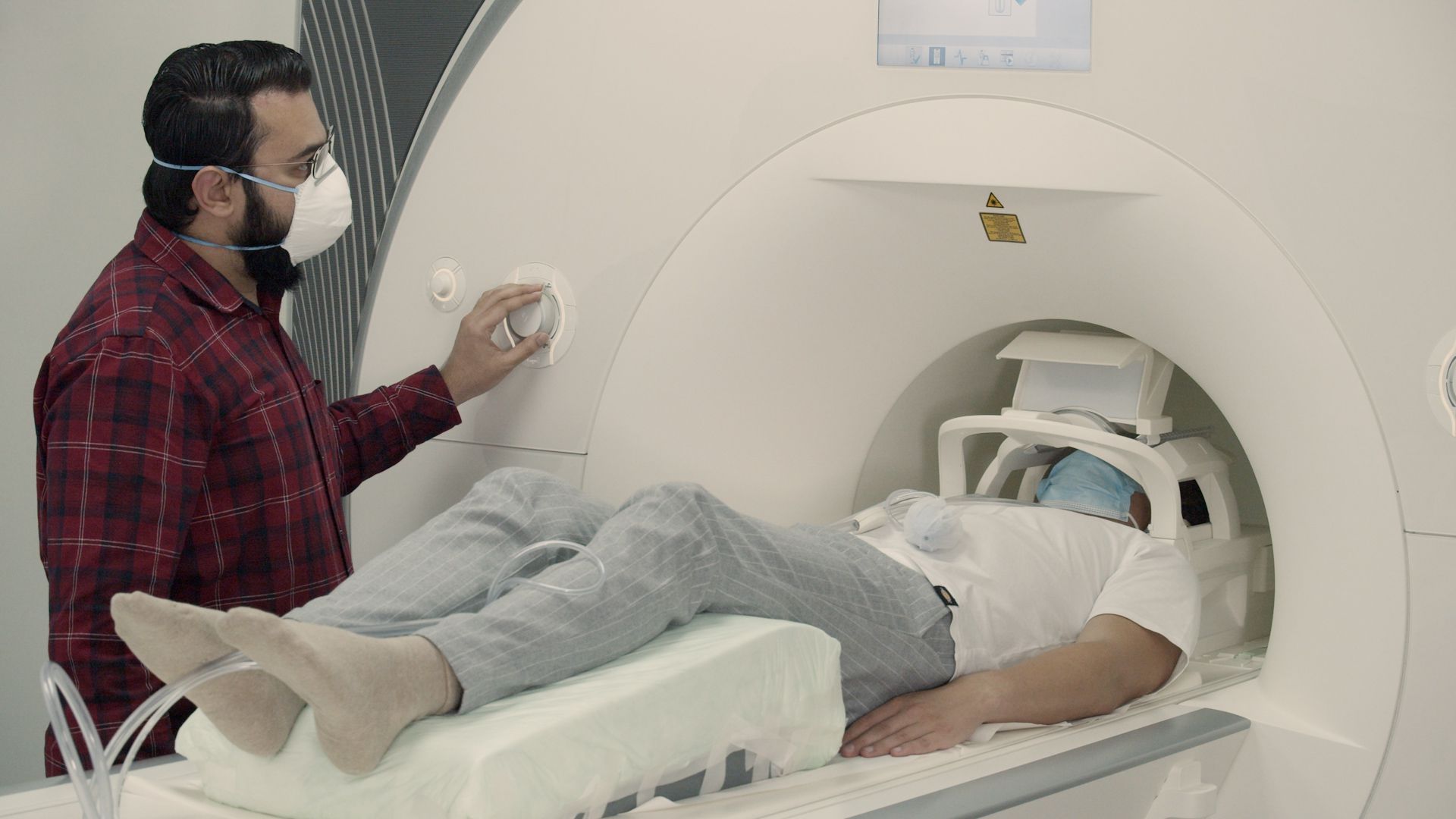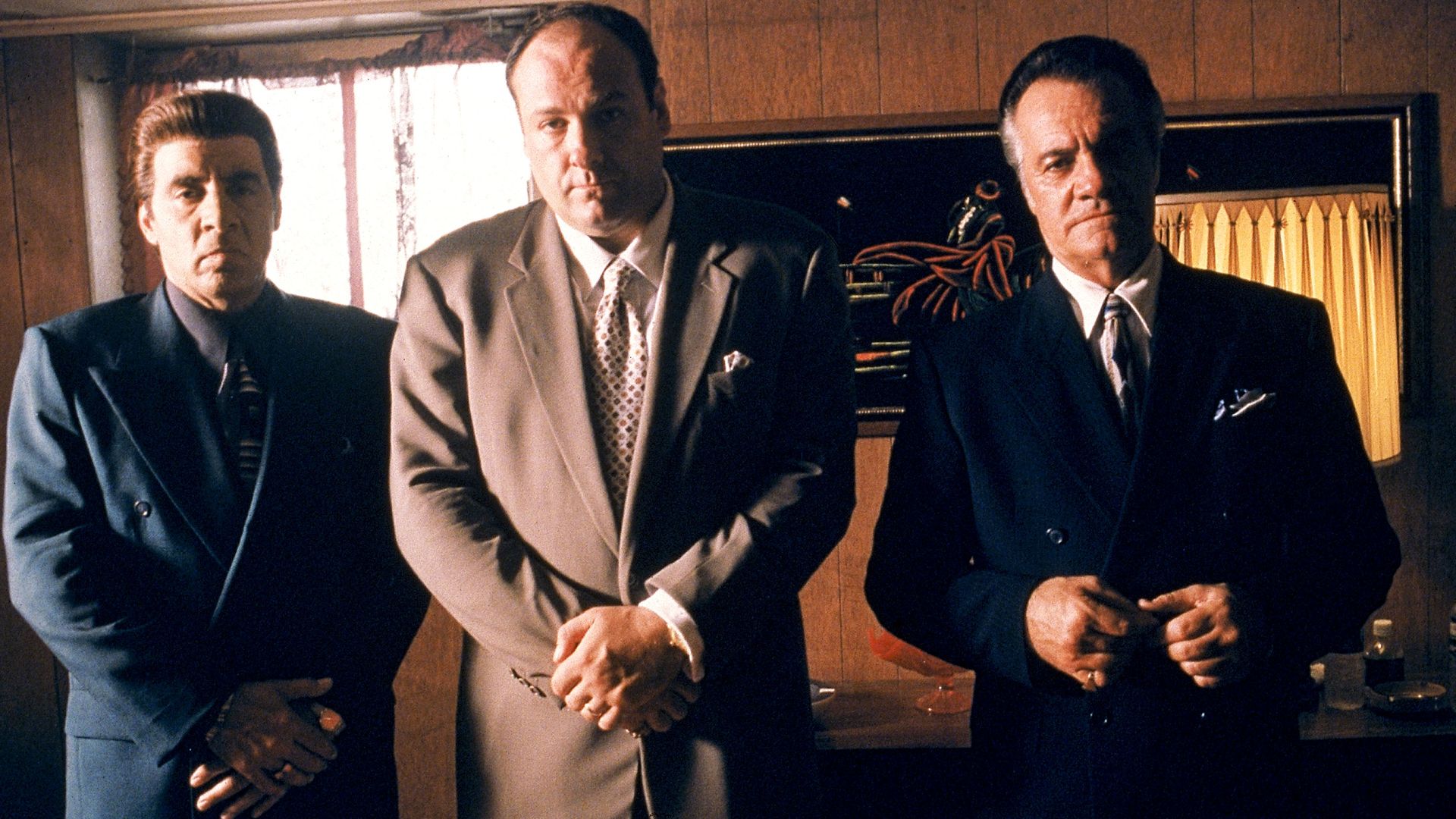| | | | | | | Presented By Deloitte Private | | | | Axios Future | | By Bryan Walsh ·Oct 06, 2021 | | Welcome to Axios Future, where I really need to stop waiting until five minutes before I send this newsletter to think of an intro. Today's Smart Brevity count: TK words or about TK minutes. | | | | | | 1 big thing: Malaria vaccine will be a boost for global development |  | | | Two siblings rest beneath a malaria bed net in Cambodia. Photo: Paula Bronstein/Getty Images | | | | The just-approved malaria vaccine could represent one of the biggest ever achievements in global development. Why it matters: Malaria kills more than 400,000 people a year, more than half of whom are under the age of 5, and it notably slows the pace of economic growth in the sub-Saharan countries most affected by the mosquito-borne disease. - Preventative measures and treatments do exist, but a vaccine would be the fastest way to cheaply save millions of lives over time.
- Blunting malaria's impact on the economy matters even more because COVID-19 could result in as many as 88 million Africans falling into extreme poverty, as the pandemic throws decades of global development progress into reverse.
Driving the news: The World Health Organization on Wednesday recommended the first vaccine against malaria for widespread use for children in sub-Saharan Africa and other at-risk regions, my Axios colleague Ivana Saric reported today. - "Today's recommendation offers a glimmer of hope for the continent which shoulders the heaviest burden of the disease," Matshidiso Moeti, WHO regional director for Africa, said in a statement.
By the numbers: In 2019, there were an estimated 229 million cases of malaria, 94% of which occurred in Africa. - Malaria is a scourge of sub-Saharan Africa not just because of the sheer number of people it kills, but who it kills — primarily very young children who are robbed of the chance to live a long life.
- In 2016, malaria resulted in more than 56 million disability-adjusted life years (DALYs) lost, a metric used by global health experts to measure the full burden of a disease.
- Those who survive malaria incur medical costs and lost income, making the disease both a consequence of poverty and one of its causes — by one estimate malaria slows economic growth in Africa by up to 1.3% a year.
Context: Malaria's rampage on the continent isn't primarily because Africa is unusually hospitable to the Anopheles mosquitoes that carry the parasite that causes malaria. How it works: The new vaccine, called Mosquirix and made by GlaxoSmithKline, targets children by rallying their immune defenses to fight off the malaria-causing Plasmodium falciparum parasite carried by certain mosquitoes. - In clinical trials, the vaccine — which was given in multiple doses — had an efficacy of about 30% against deadly severe malaria over four years of study.
- That may seem weak by the impressive standards set by the new mRNA COVID-19 vaccines, but according to modeling studies, it's still strong enough to prevent 5.4 million cases and 23,000 deaths in children each year if it's rolled out to the hardest-hit countries.
What they're saying: "There's potential for very, very significant impact," Ashley Birkett, who heads malaria programs at the global health nonprofit PATH, told the New York Times. Read the rest. |     | | | | | | 2. The environmental benefits of bike sharing |  | | | A woman unlocks a CitiBike in New York in November 2020. Photo: John Lamparski/Getty Image | | | | A new paper finds New York's CitiBike bike-sharing system has prevented emissions of carbon dioxide and nitrous oxide, and it's saved energy. The big picture: Bike sharing has become increasingly popular in cities around the world, and the new research calculates the measurable effect the systems can have on climate change and other environmental challenges. By the numbers: In a paper published yesterday in the journal Cities, a team of researchers calculated that from 2014 to 2017 — the first three full years of its operation — New York's CitiBike system saved the equivalent of 13,370 tons of oil and reduced CO2 emissions by NOx emissions by 30,070 and 80 tons, respectively. - "This statistic suggests that bike sharing is the right model for supporting commuting systems in cities to decrease CO2 emissions," the authors wrote.
Between the lines: Notably, the savings were greatest during the morning and evening rush hours, when bike-sharing use was heaviest and gridlock traffic ensured automobiles would be emitting more per mile. The catch: In 2017, New York City's transportation sector emitted 18.9 million tons of CO2, which means the amount saved by CitiBike is just a drop in a much larger bucket. Keep reading. |     | | | | | | 3. Ford brain research aims to keep drivers from zoning out |  | | | Ford brain-scanning research. Photo: Ford | | | | Ford is working with neuroscientists to develop brain-scanning technology that can more quickly detect when drivers are getting tired or distracted, Axios' Joann Muller writes. Why it matters: It's crucial that drivers stay engaged behind the wheel, even as cars become more automated. But there's mounting evidence that people get complacent using driver-assistance features like Tesla Autopilot, which is why federal safety regulators are investigating the systems. - "The brain processes huge amounts of information when we are driving, but that may change as driver assistance technologies do some of the driving for us," said Stefan Wolter, research engineer, Research and Advanced Engineering, Ford of Europe.
- "Drivers also get tired and their minds can wander. Identifying more quickly when this happens could be of critical importance," he added.
Driving the news: Ford scientists in Europe are working with medical researchers at Uniklinik RWTH Aachen in Germany to map brain patterns to driver's reactions. - Ford hopes that by identifying the brain responses that reveal lapses in concentration, it may then be possible to match the scans to physical changes in heart rate or breathing, for example.
- A change in heart rate detected via wearable technology, for example, could then trigger an alert for the driver to pay attention.
How it works: Study participants complete a driving simulation while their brain activity is scanned by an MRI machine. A mirror allows them to see the simulation on a screen inside the MRI machine. - The scenario, designed using gaming technology, involves a three-lane highway at night where a vehicle in the middle lane brakes suddenly and the participant has to take over and move the car to the left or right, using a handheld device.
- The MRI machine scans the brain before and during these actions, while the researchers measure how quickly the participant reacts and if they make the right decision.
- They also monitor changes to heart rate, breathing rate and other physiological measures.
What they're saying: "We believe that by capturing this data we could one day be able to generate unique physiological driver fingerprints so that drivers of the vehicles of the future can be prepared to react and to intervene immediately in case it is required," said Klaus Mathiak, head of Psychoneurobiology and lead consultant for Psychosomatic Medicine, Uniklinik RWTH Aachen. Share this story. |     | | | | | | A message from Deloitte Private | | ERP implementation and investments for private companies | | |  | | | | Cloud enterprise resource planning (ERP) offers benefits for private companies that need to respond quickly to rapid growth or changing market conditions, especially disruptions that can impede momentum. Learn how ERP-as-a-service can help. | | | | | | 4. Record digital health funding (again) in Q3 |  Data: Rock Health; Chart: Sara Wise/Axios Digital health funding in the third quarter topped $6.7 billion, to bring total funding for the year to a record $21.3 billion, following a record year in 2020, according to Rock Health, writes Axios' Tina Reed. - The capital was flowing to traditionally underfunded areas such as women-led companies, women's health companies and health equity solutions, officials said.
By the numbers: So far, there have been 541 deals, with an average deal size of $39.4 million. - The quarter's biggest deals included mega-rounds by drug R&D company XtalPi ($400M) and cloud-based clinical trial software company Reify Health ($220M), as well as deals by women's health company Maven ($110M) and collaboration technology company Pager ($70M).
- Female CEOs closed 19% of 2021's digital health deals through Q3, up from 16% for the entire year last year. It's the highest percentage recorded by Rock. However, women-led companies accounted for just 14% of 2021's digital health total funding to date.
|     | | | | | | 5. Worthy of your time | | Amazon's Astro robot is stupid. You'll still fall in love with it (Tanya Basu — MIT Tech Review) - From Roombas to Astros, we can't help anthropomorphizing household robots.
America's superstar cities aren't what they used to be (Justin Fox — Bloomberg) - COVID-19 only accelerated the long march of the suburbs.
A hospital hit by hackers, a baby in distress (Kevin Poulsen, Robert McMillan, and Melanie Evans — Wall Street Journal) - A terrifying story about what's likely the first — but not last — death caused by a ransomware attack.
20 years after the anthrax attack, we're still unprepared (Maryn McKenna — Wired) - What we didn't learn from the 2001 anthrax attack — and what it could cost us.
|     | | | | | | 6. 1 crime thing: How Millennials ruined the Mafia |  | | | They don't make them like they used to. Photo: HBO | | | | One reason behind the decline of the Mafia: Millennials make for bad mobsters. The big picture: Soft, disloyal, attached to their phones: High-level Mafia bosses apparently have the same complaints about their millennial workforce as business executives. What's happening: In a Wall Street Journal story likely timed for the release of the Sopranos prequel movie "The Many Saints of Newark," James Fanelli explored the management miseries afflicting New York's organized crime families. - Mobsters like 87-year-old Colombo family boss Andrew Russo have been arrested recently in part because they've taken too visible a presence in the mob's business.
- Why? "Concerns about the incompetence of lower-level members," writes Fanelli.
What they're saying: "Older members complain that the millennials —who grew up in the suburbs instead of city streets — are softer, dumber and not as loyal as mobsters of the past," he writes. - "Plus they're always texting."
Details: Fanelli tells the story of one former Colombo associate who made their extortion attempts via text — something that is "frowned upon in mob circles," former FBI agent Richard Frankel said. The bottom line: Of course, as none other than Tony Soprano once complained about life as a boomer mobster: "I'm getting the feeling that I came in at the end. The best is over." - Given the economic crises and elite failures that have marked their lives, that's a sentiment a millennial could agree with.
|     | | | | | | A message from Deloitte Private | | Risk and rewards: Internal controls for private companies | | |  | | | | Reliable information is vital for a private company's business decisions. How do you know information is timely, accurate and reliable? Explore how private companies can gain business value from their effective internal controls program. | | |  | | It'll help you deliver employee communications more effectively. | | | | | | Axios thanks our partners for supporting our newsletters. If you're interested in advertising, learn more here.
Sponsorship has no influence on editorial content. Axios, 3100 Clarendon Blvd, Suite 1300, Arlington VA 22201 | | | You received this email because you signed up for newsletters from Axios.
Change your preferences or unsubscribe here. | | | Was this email forwarded to you?
Sign up now to get Axios in your inbox. | | | | Follow Axios on social media:    | | | | | |









No comments:
Post a Comment